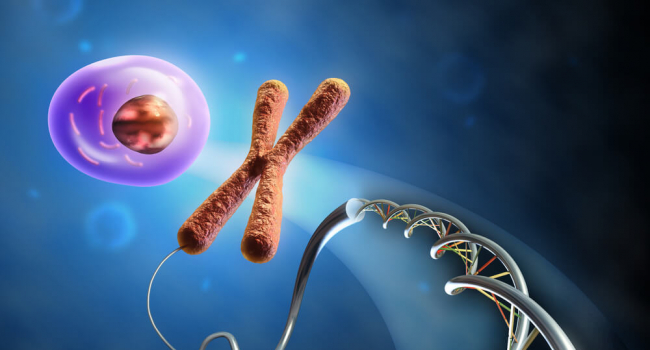Scientists edit gene for HIV treatment
 15:10 13 September, 2019
15:10 13 September, 2019Researchers at Peking University have applied gene editing to treat HIV. The CRISPR tool removed the CCR5 gene from the patient’s immune cells, which makes them vulnerable to the virus, Live Science reported.
There is no talk of a cure for a dangerous disease, but this is an important step towards effective gene therapy for HIV.
The experiment was conducted on an adult volunteer who developed leukemia against the background of HIV. In any case, the patient needed a bone marrow transplant, so the scientists took this opportunity and edited the stem cells from the donor sample before transplantation.
CRISPR removed the CCR5 gene from cells, which synthesizes proteins located on the surface of certain immune cells. It is to these proteins that a viral particle attaches before it penetrates deeper into the cell. In individuals, the CCR5 gene contains a natural mutation that protects against HIV, but such a successful combination of genes is rare.
The surgery helped save the patient from leukemia. Tests showed that the edited stem cells took root and produced blood cells that remained in the body for 19 months. No unwanted side effects of gene editing have been detected.
Unfortunately, the intervention did not save the patient from HIV. When he stopped taking antiretroviral drugs for a short while, the amount of viral particles in the body grew rapidly.
The reason, apparently, was that the CCR5 gene was not removed in all donor cells.
However, the study was important evidence of the safety of CRISPR for HIV treatment, so the authors are optimistic. If you increase the effectiveness of gene editing, the technique will become the basis for new methods of dealing with this dangerous disease. True, they are not suitable for everyone, but only for patients who have already recommended bone marrow transplantation.